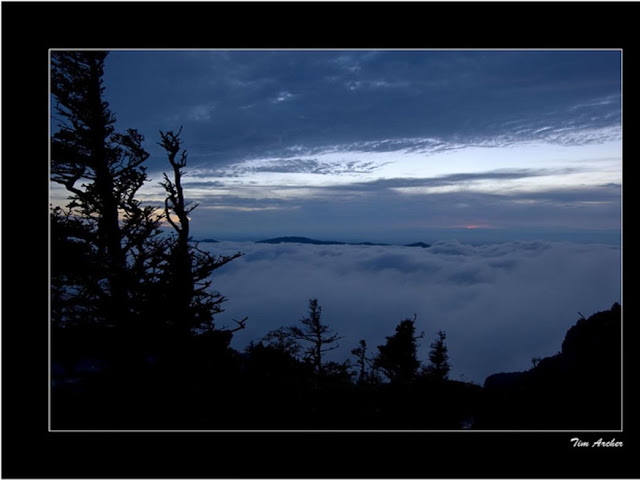Борис Пастернак
(1890-1960)
Земля
В московские особняки
Врывается весна нахрапом.
Выпархивает моль за шкапом
И ползает по летним шляпам,
И прячут шубы в сундуки.
По деревянным антресолям
Стоят цветочные горшки
С левкоем и желтофиолем,
И дышат комнаты привольем,
И пахнут пылью чердаки.
И улица запанибрата
С оконницей подслеповатой,
И белой ночи и закату
Не разминуться у реки.
И можно слышать в коридоре,
Что происходит на просторе,
О чем в случайном разговоре
С капелью говорит апрель.
Он знает тысячи историй
Про человеческое горе,
И по заборам стынут зори
И тянут эту канитель.
И та же
смесь огня и жути
На воле и в жилом уюте,
И всюду воздух сам не свой.
И тех же верб сквозные прутья,
И тех же белых почек вздутья
И на окне, и на распутье,
На улице и в мастерской.
Зачем же
плачет даль в тумане
И горько пахнет перегной?
На то ведь и мое призванье,
Чтоб не скучали расстоянья,
Чтобы за городскою гранью
Земле не тосковать одной.
Для этого
весною ранней
Со мною сходятся друзья,
И наши вечера прощанья,
Пирушки наши завещанья,
Чтоб тайная струя страданья
Согрела холод бытия.
d
Literal
Translation
The
Earth
Into the Moscow domiciles
Bursts impudent spring.
Behind the wardrobes moths
flutter
And crawl along summer hats,
And fur coats are hidden away in
trunks.
In the wooden mezzanines
There are flower pots with
Wallflower and gillyflower,
And the rooms breathe free
And the attics smell of dust.
And the street is all
buddy-buddy
With the purblind window pane,
And the white night and sunset
Won’t not meet by the riverside.
And in the passageway can be
heard
What’s going on in the great
outdoors,
[Or] what in a casual chitchat
April has to say to driblets of
thawing snow.
He [April] knows a thousand
stories
About human grief,
And along the fences the
gloaming chills
And drags out that tedious old
yarn.
And there’s the same blend of
fire and trepidation
Both outside and in the comfort
of the home,
And everywhere the air is beside
itself.
And the same fretwork look of
willow withes,
And the same tumescence of white
buds
On the windowsill and at
crossroads,
On the street and in the
workshop.
So then why does the distance
weep in fog
And give off a bitter smell of
humus?
After all, it’s my calling
[To see that] distant expanses
don’t pine,
And that beyond the city limits
The earth need not grieve alone.
For that reason in early spring
My friends and I get together,
And our evenings are partings,
Our little feasts are testaments,
So that the secret stream of
suffering
Might warm the cold of existence.
d
Literary
Translation/Adaptation by U.R. Bowie
The
Earth
Into the Moscow domiciles
Comes bursting rude and
loudmouthed spring.
The moths in flutter, on the
wing,
Crawl on our hats and summer
bling;
Fur coats heaped up in trunks
form piles.
And in the wooden mezzanines
Pots hold gillyflowers and
stock,
Could be carnations; by all
means
The rooms breathe free
unfettered dreams,
And attics smell of dust and
rot.
The street’s all buddy-buddy now
With purblind blear of
windowpane,
The white night and the sun
somehow
Can’t fail to meet by creekside
lane.
What’s going on in great
outdoors
Resounds through indoor two-by-fours,
And April has a brief chitchat
With snow-thaw drips from eaves
and doors,
For April knows a thousand
stories,
Of human sorrows, griefs and
glories,
While gloaming keeps
repositories
Of old wives’ tales and crude
backchat.
And warmth with trepidation
merges
Inside the home, on snowy verges,
The vernal air feels out of sorts.
Most everywhere the willow
withes,
The white buds swollen lie
surprised
On windowsills, where
authorized,
On streets, in workshops, even
courts.
So why then does the far haze
weep
And why does humus smell so
bitter?
It’s my job, after all, to keep
The distances well-pleased,
asleep,
To see that out past city
streets
The earth need not lament or
witter.
That’s why when times reach early springs
My friends and I throw
convocations;
Our soirees bid farewell to things,
At revelries we pledge heartstrings
To float our pain on water wings,
And take the chill off life’s
privations.











